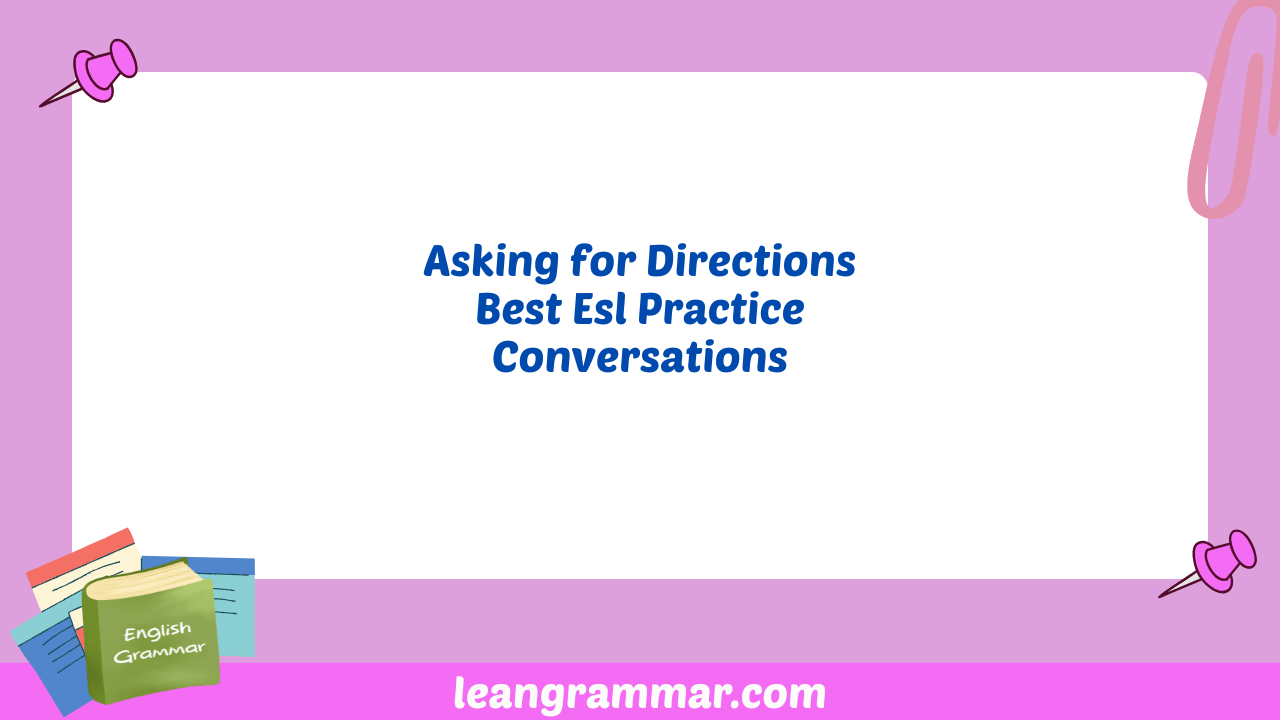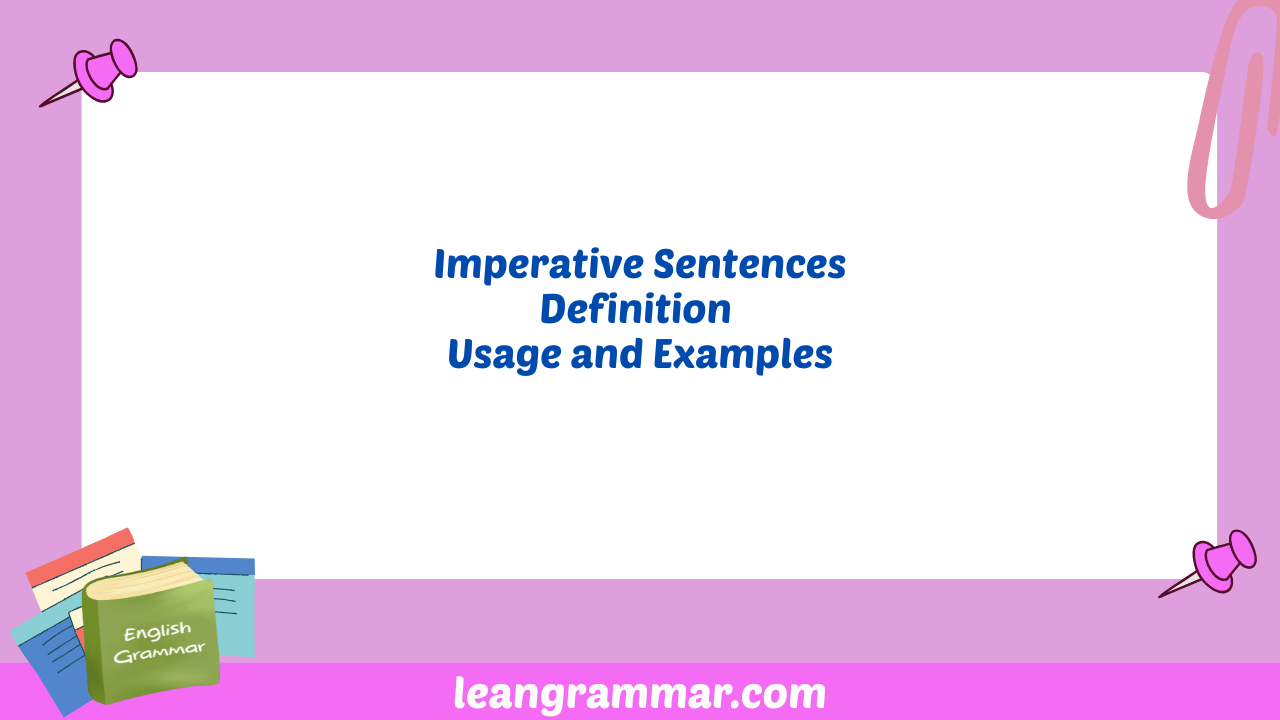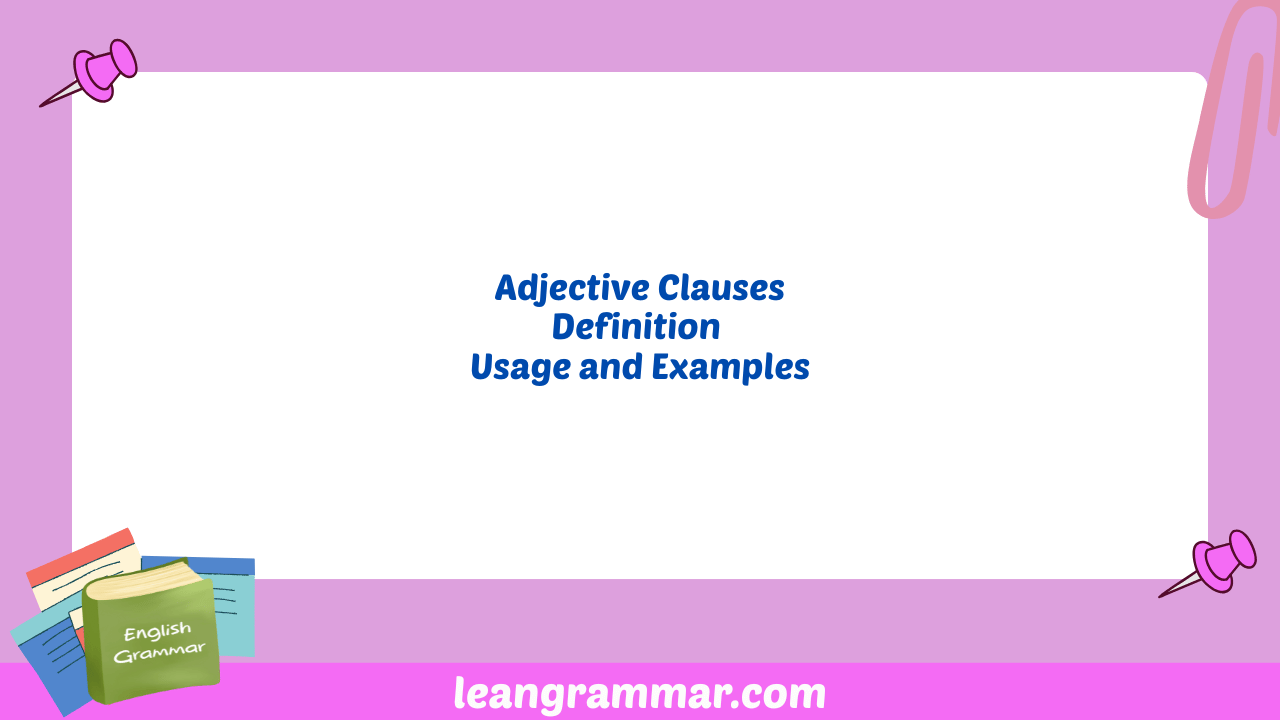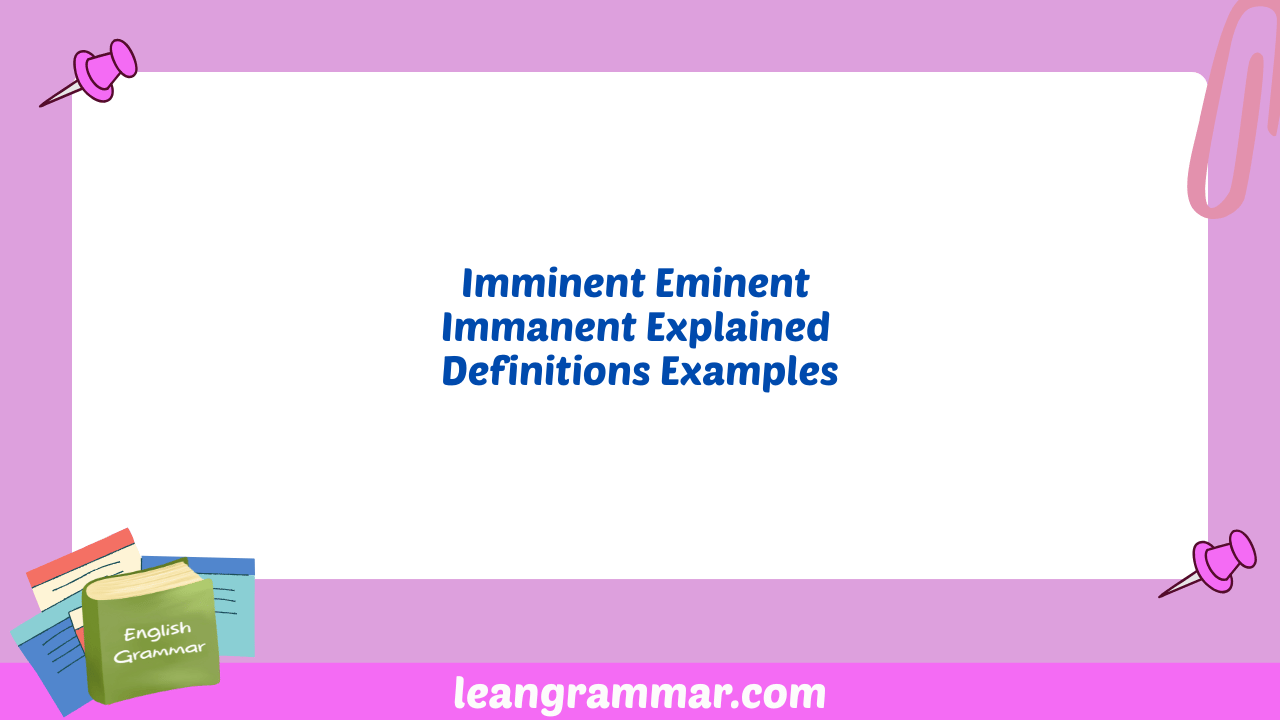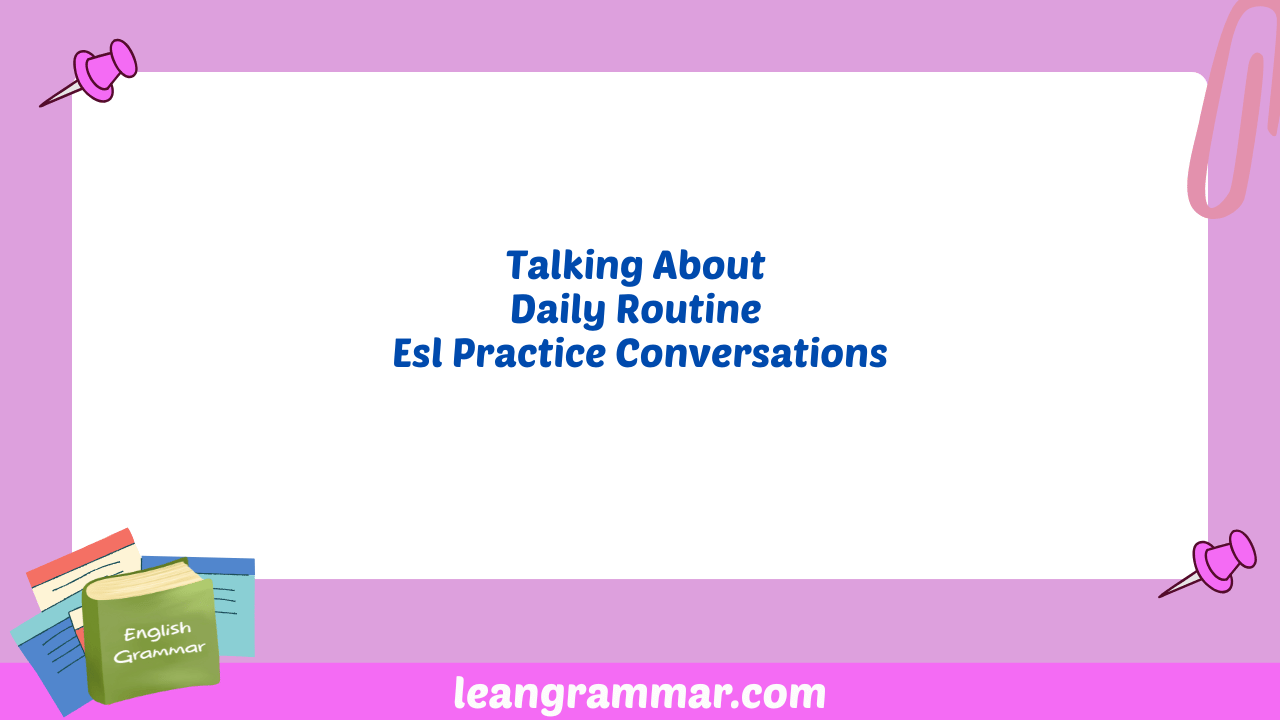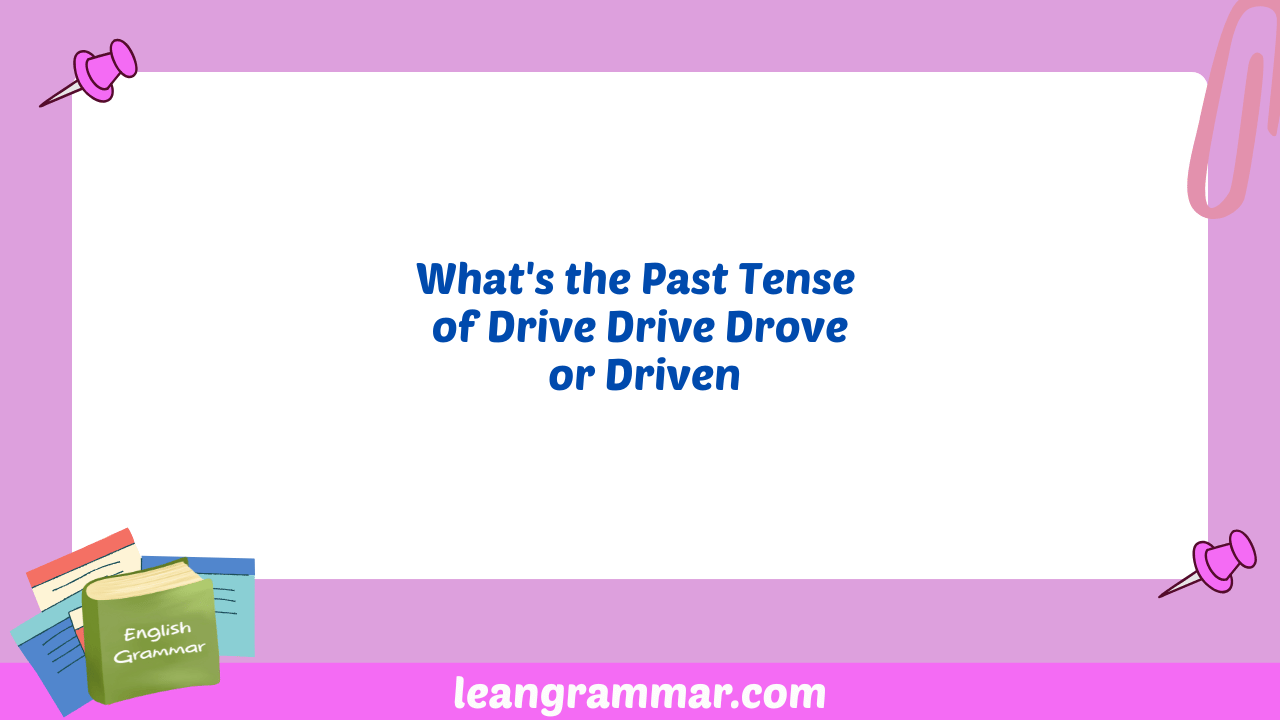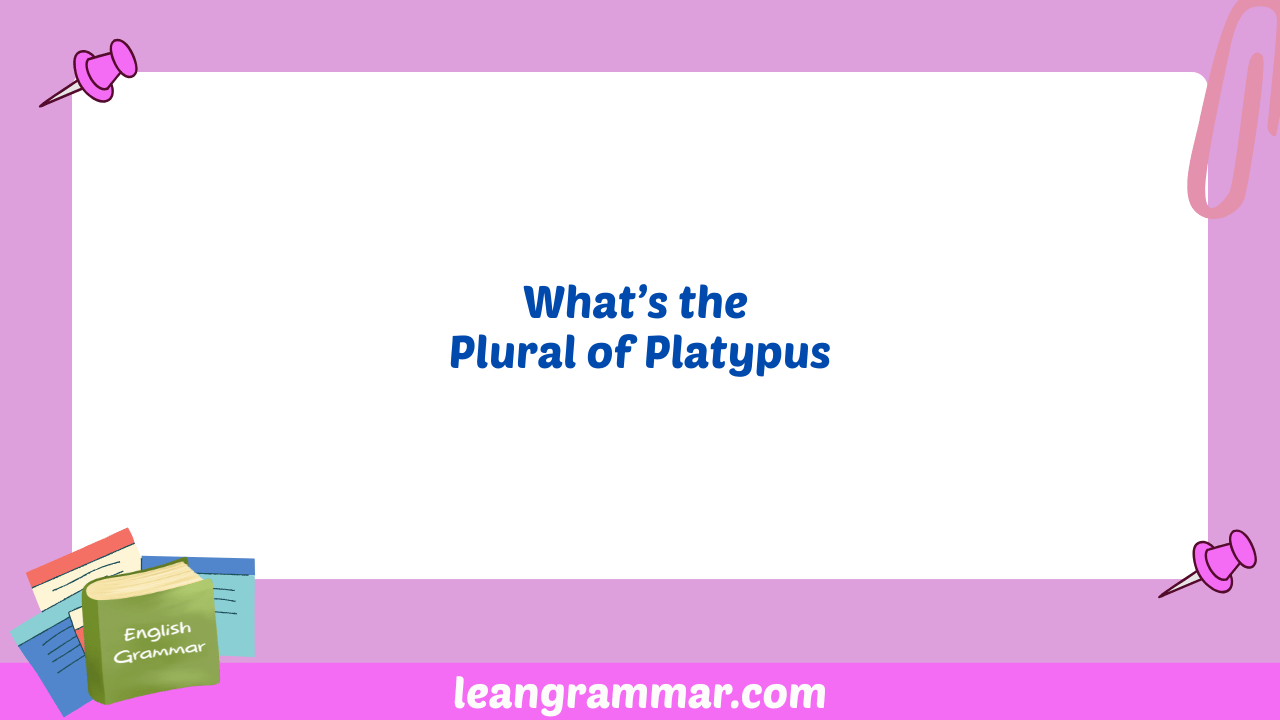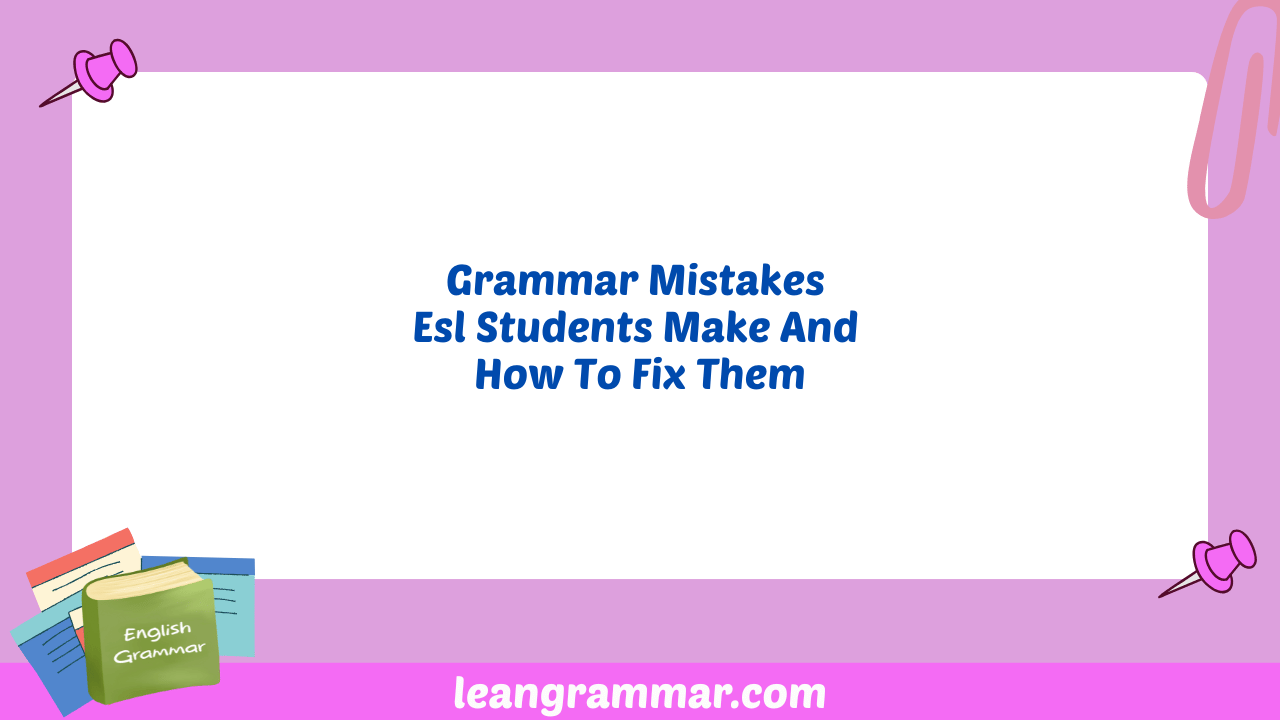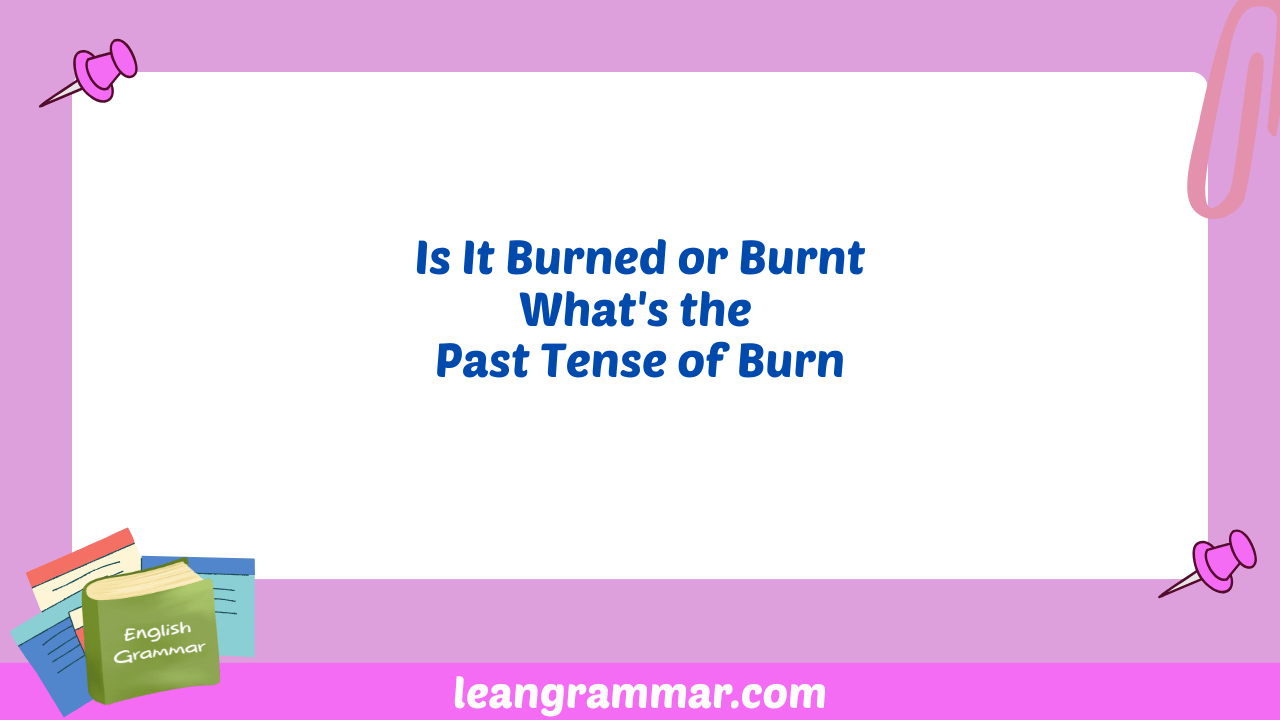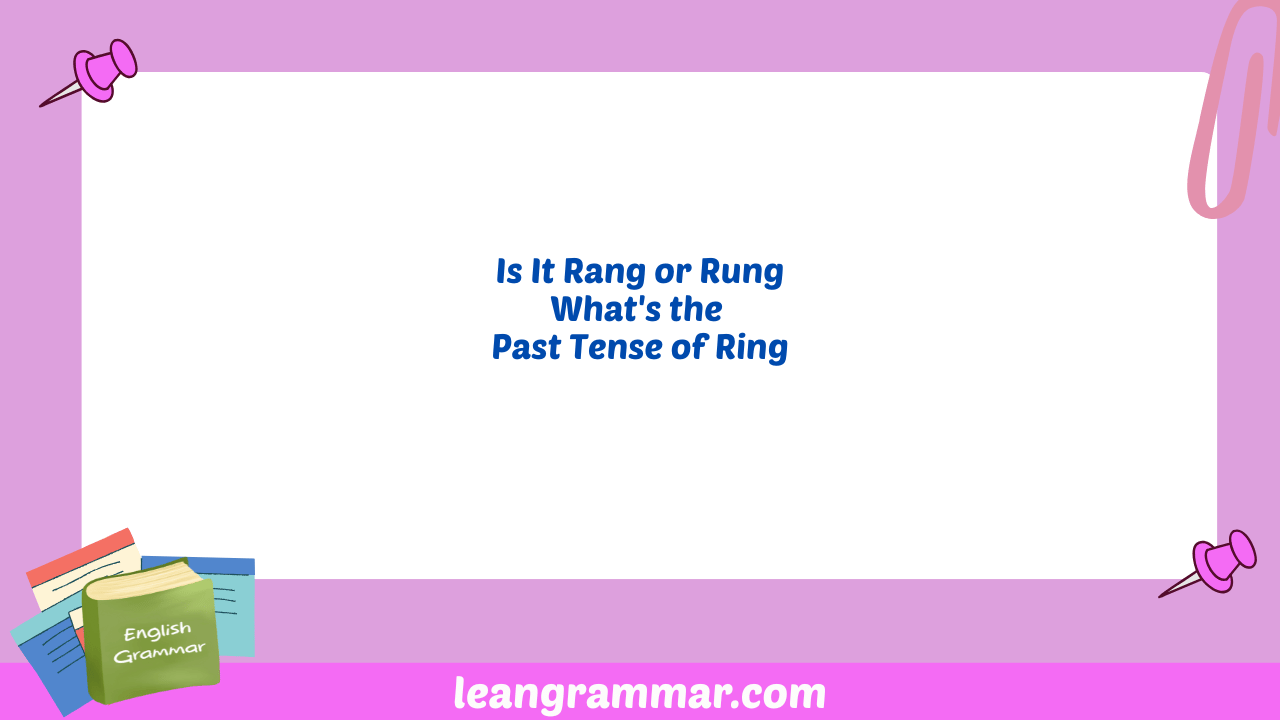ESL: Mastering Directions – Phrases & Practice Conversations
Asking for and understanding directions is a crucial skill for English language learners. This ability allows you to navigate new environments confidently, whether you’re traveling, studying abroad, or simply exploring a new city. Mastering the language of directions involves understanding specific vocabulary, grammatical structures, and cultural nuances. This article provides a comprehensive guide to asking … Read more
